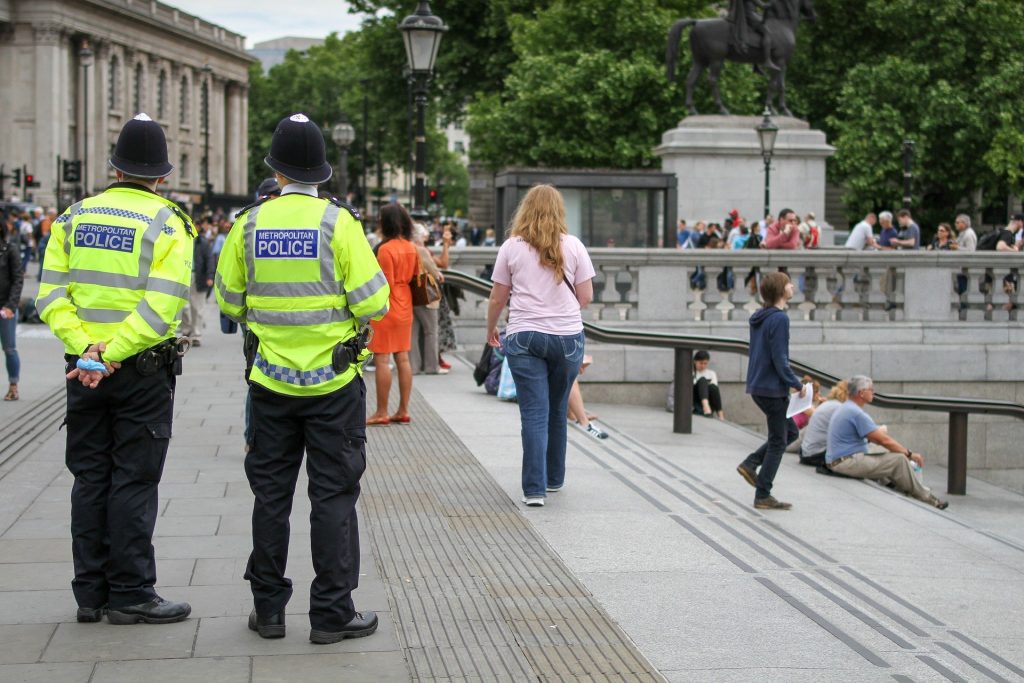Will it work?
The UK government says the police will hand out £30 fines to anyone breaking its new social distancing laws. To slow the spread of coronavirus, Brits are being ordered to: (1) not to gather in groups of more than two people (unless you all live together), (2) stay at home unless you are food shopping, exercising or an essential worker, and (3) stay more than two metres apart from other people when you do go out. But are financial penalties like fines actually effective in changing behaviour?
Police in England and Wales say they’ve already handed out some fines, but there’s no hard data yet on things like how many people are breaking social-isolation laws and how many of them stop doing so after being charged. However, plenty of previous studies have looked at what happens when you fine people for bad behaviour like littering or driving dangerously.
Many of these reports suggest that fines aren’t actually that good at changing how we act. The organisation Keep Britain Tidy says that fines don’t usually change environmental behaviour because it doesn’t make offenders feel like they did anything wrong. They are, however, likely to be more careful about covering up their act when they do it again.
Two American researchers have suggested why this might be - when we get fined, they say, our response is see the money as the ‘price’ of engaging in that bad behaviour. So instead of thinking about whether it’s ‘right’ or ‘wrong’ to, say, have a BBQ with all our friends right now, we think about whether we’d be happy to pay £30 to have a BBQ with our friends.
If this theory is correct, fines for breaking social distancing protocol might actually increase how much people (or at least those who don’t see £30 as a lot of money) do it. So how can we incentivise people to act in accordance with public health guidelines? According to the University of Bath, social disapproval tends to work much better than fines. Add in some judgy neighbours, and you may think twice about that BBQ after all.
Read our explainer on: economic choices and behaviour

